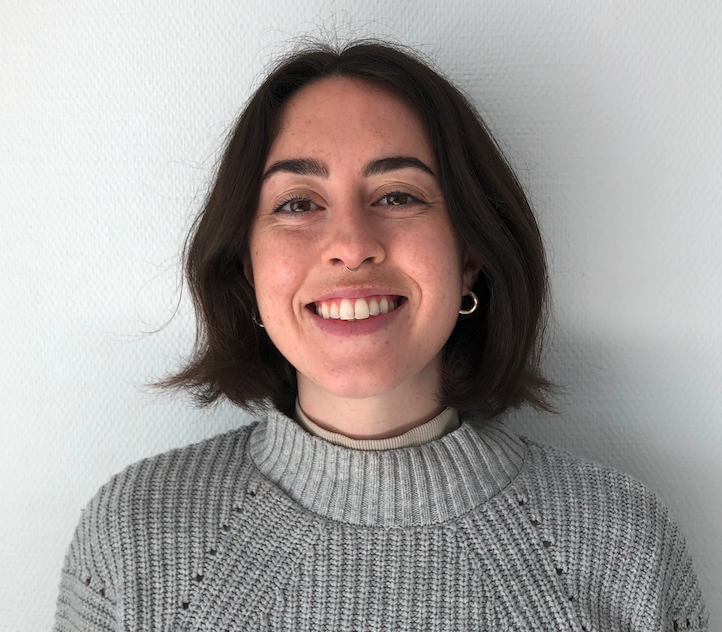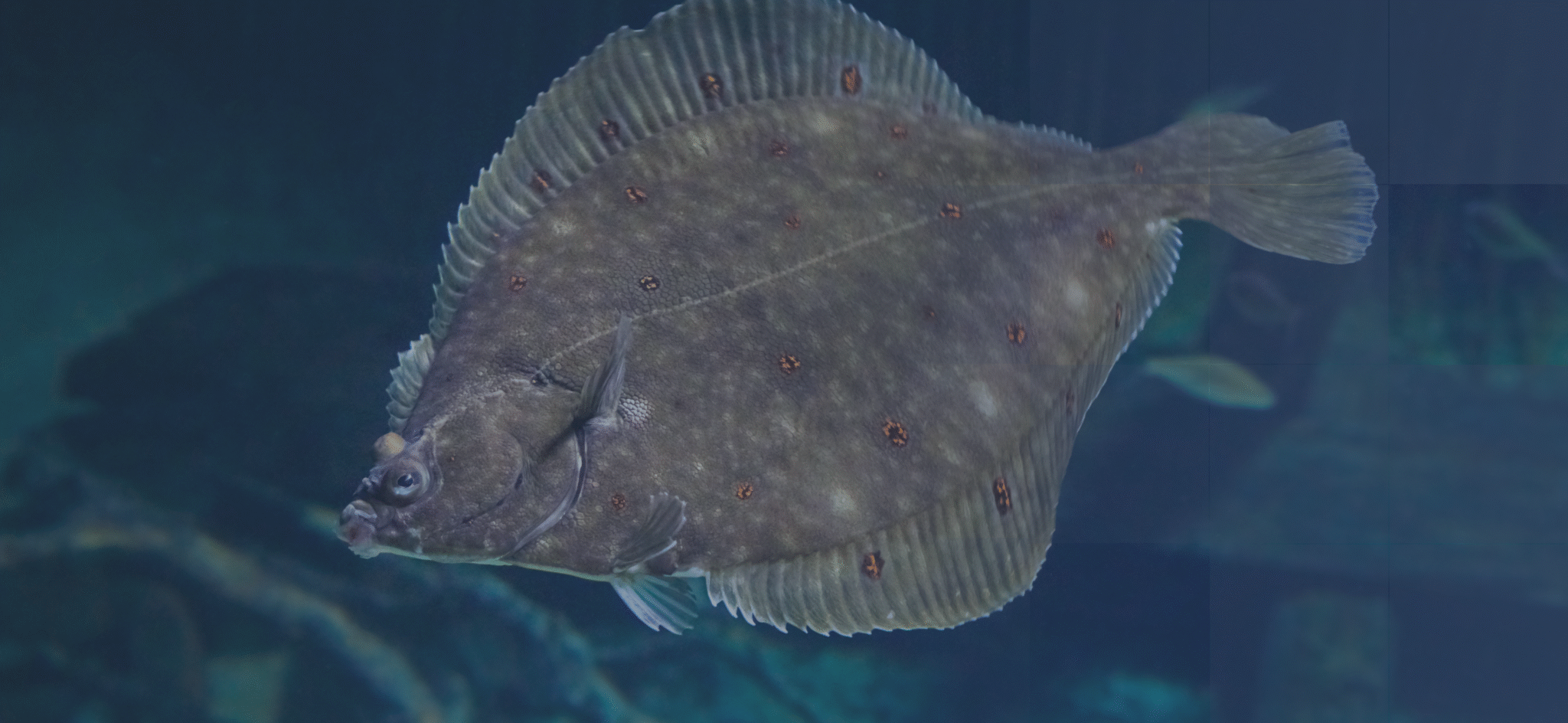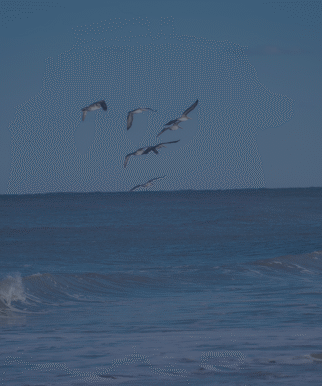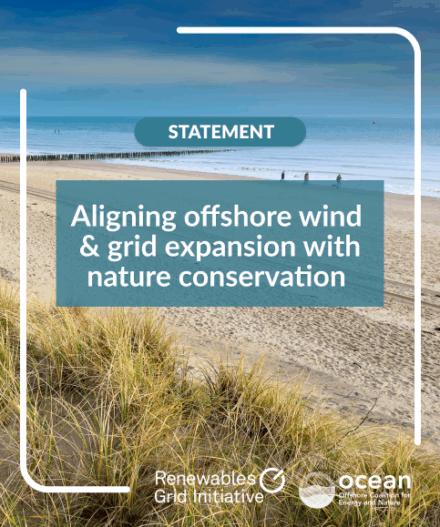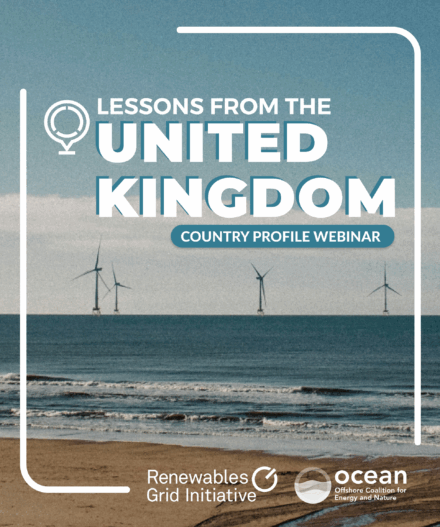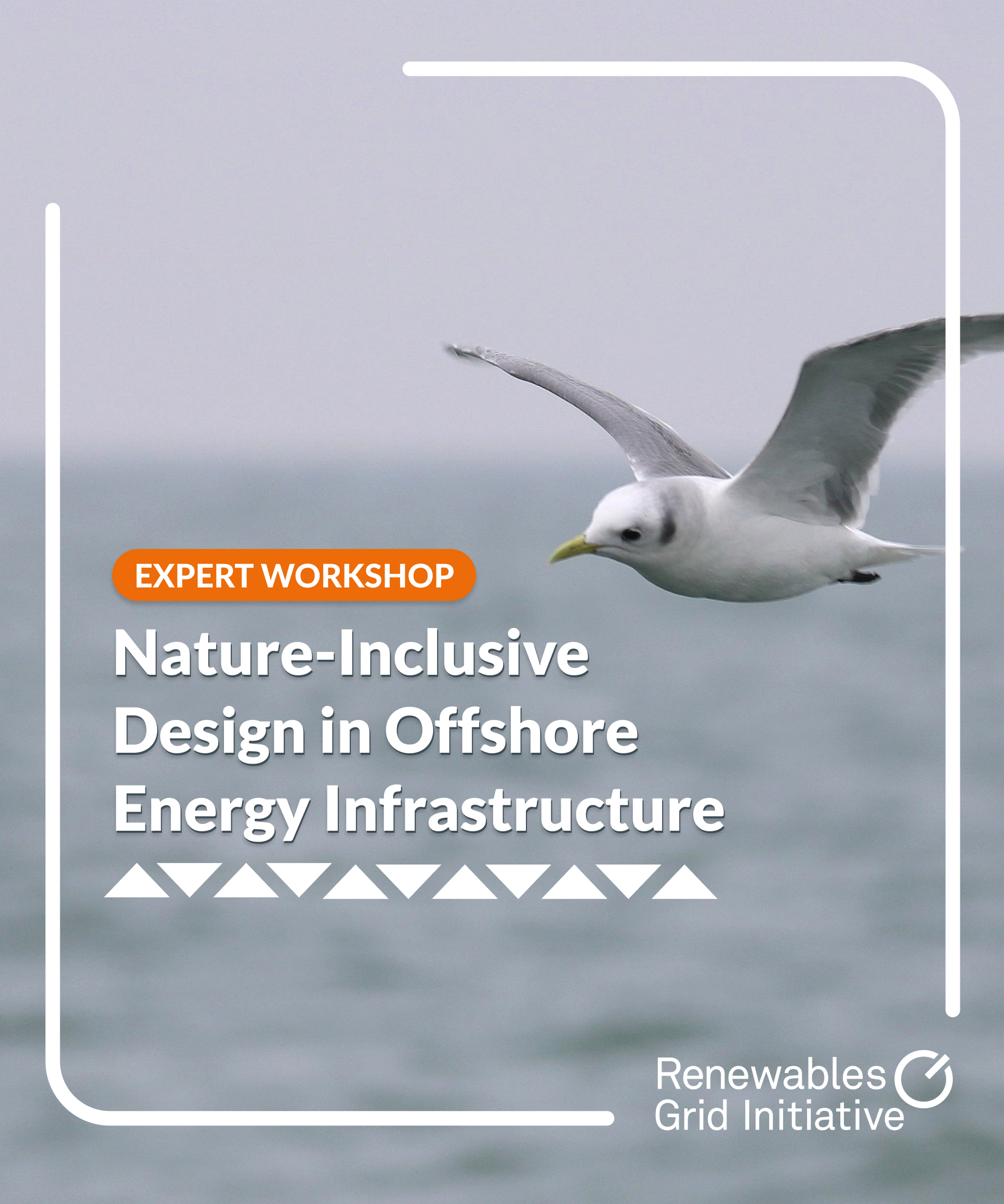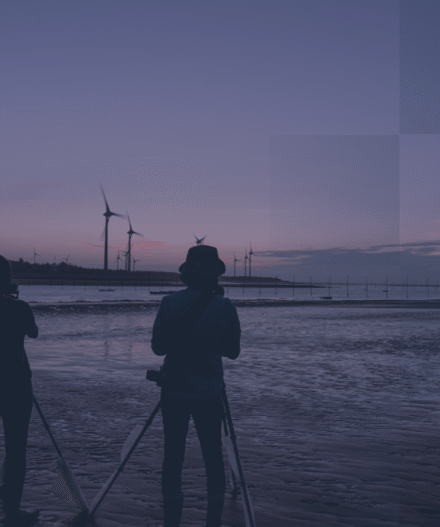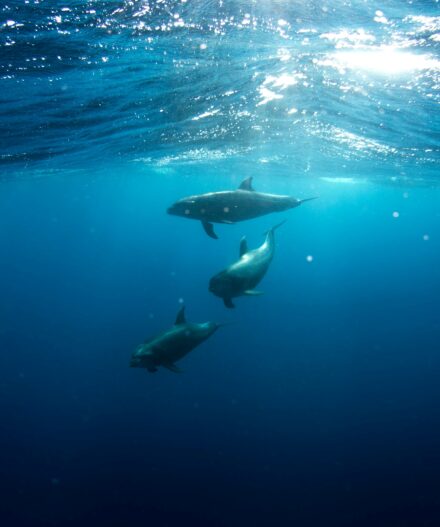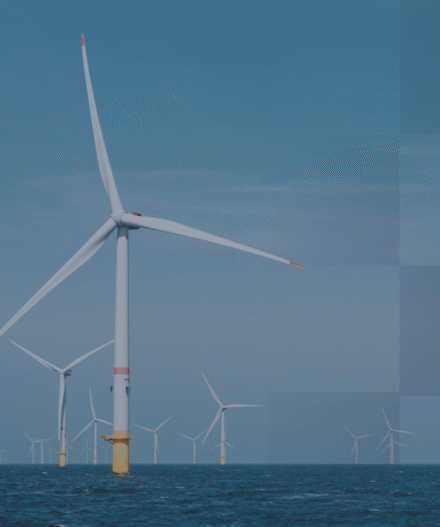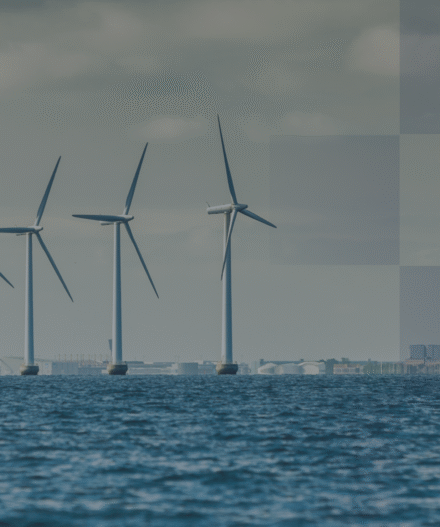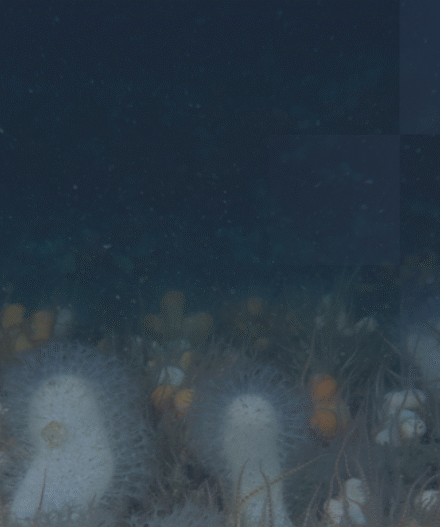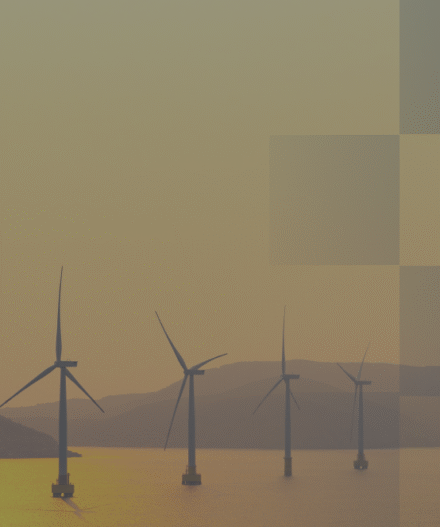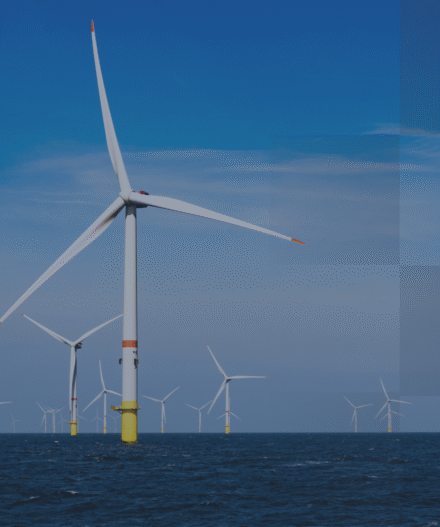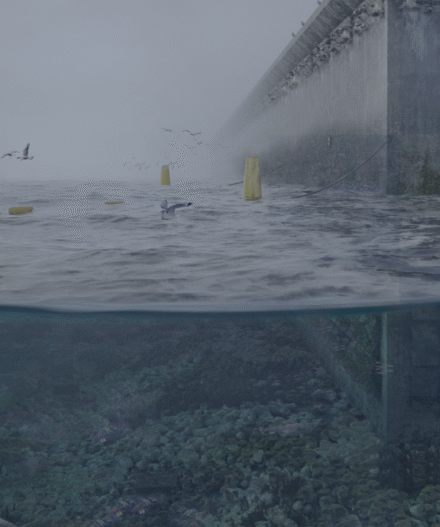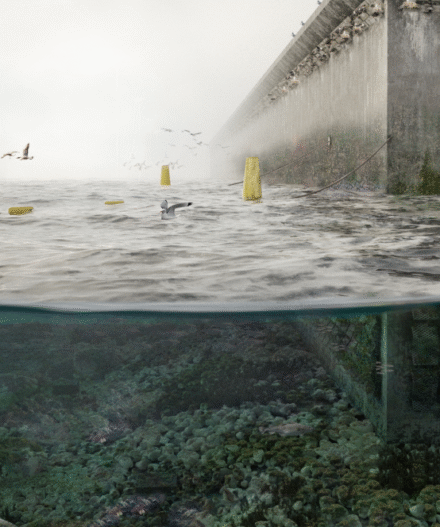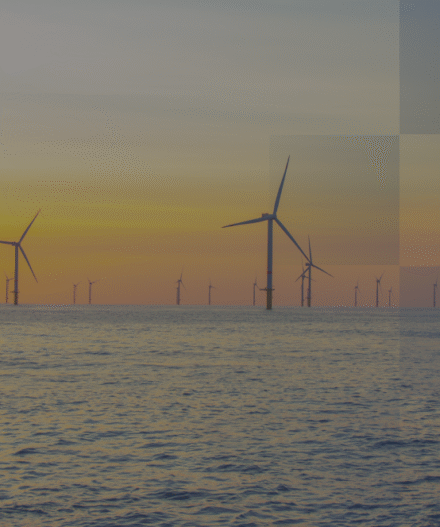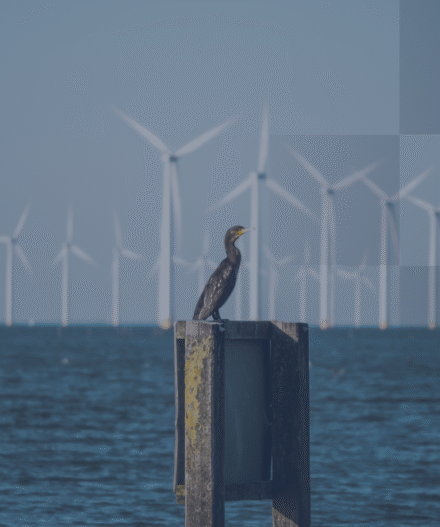Organised by RGI
In our second Mitigation Measures webinar, FlatEMF project partners explored why studying electromagnetic fields (EMFs) matters for marine life and share key insights from their research.
Introduction
Electromagnetic fields (EMFs) are a combination of electric and magnetic fields of force, produced either naturally or through human activities. With the large-scale deployment of offshore renewable energy projects, both current and planned, the interest in understanding EMFs in the marine environment has grown.
Offshore energy infrastructure includes inter-array and export cables, which are associated with the presence of EMFs in marine ecosystems. While power cables are typically buried in the seabed or protected with concrete mattresses, EMFs can still be detected in the surrounding environment. Some cables also remain exposed in the water column, particularly in floating wind farms, or cannot be fully buried due to local seabed conditions.
To improve knowledge on this topic and support fact-based discussions among all sea users, 50Hertz, Europacable, EirGrid, TenneT and RGI have joined forces in the FlatEMF project to conduct and commission studies on EMFs in relation to commercially important flatfish species, specifically European flounder (Platichthys flesus).
The webinar
In this webinar, we explored the three main goals of the FlatEMF study:
- Understanding flatfish behaviour – How do adult flatfish respond to electromagnetic fields (EMFs) from subsea cables? We shared lab results from St Abbs Marine Station and seabed survey findings from Wageningen Marine Research.
- Setting EMF calculation standards – How can we reliably measure EMFs from submarine cables? We explained the developed modelling guidelines and how they were tested.
- Identifying potential protections – If EMFs are found to impact marine life, what can be done to reduce risks? We discussed when and how mitigation measures might be applied.
Our expert speakers were:
- Annemiek Hermans – Marine ecologist, TenneT TSO
- Erica Chapman – Senior researcher, St Abbs Marine Station
- Evripidis Karatsivos – Director (Products Engineering), NKT
After the presentations, we held an open Q&A round, moderated by RGI.
Webinar Recording
Presentations
contact
Charlotte Mueller
charlotte[at]renewables-grid.euManager – Communication
